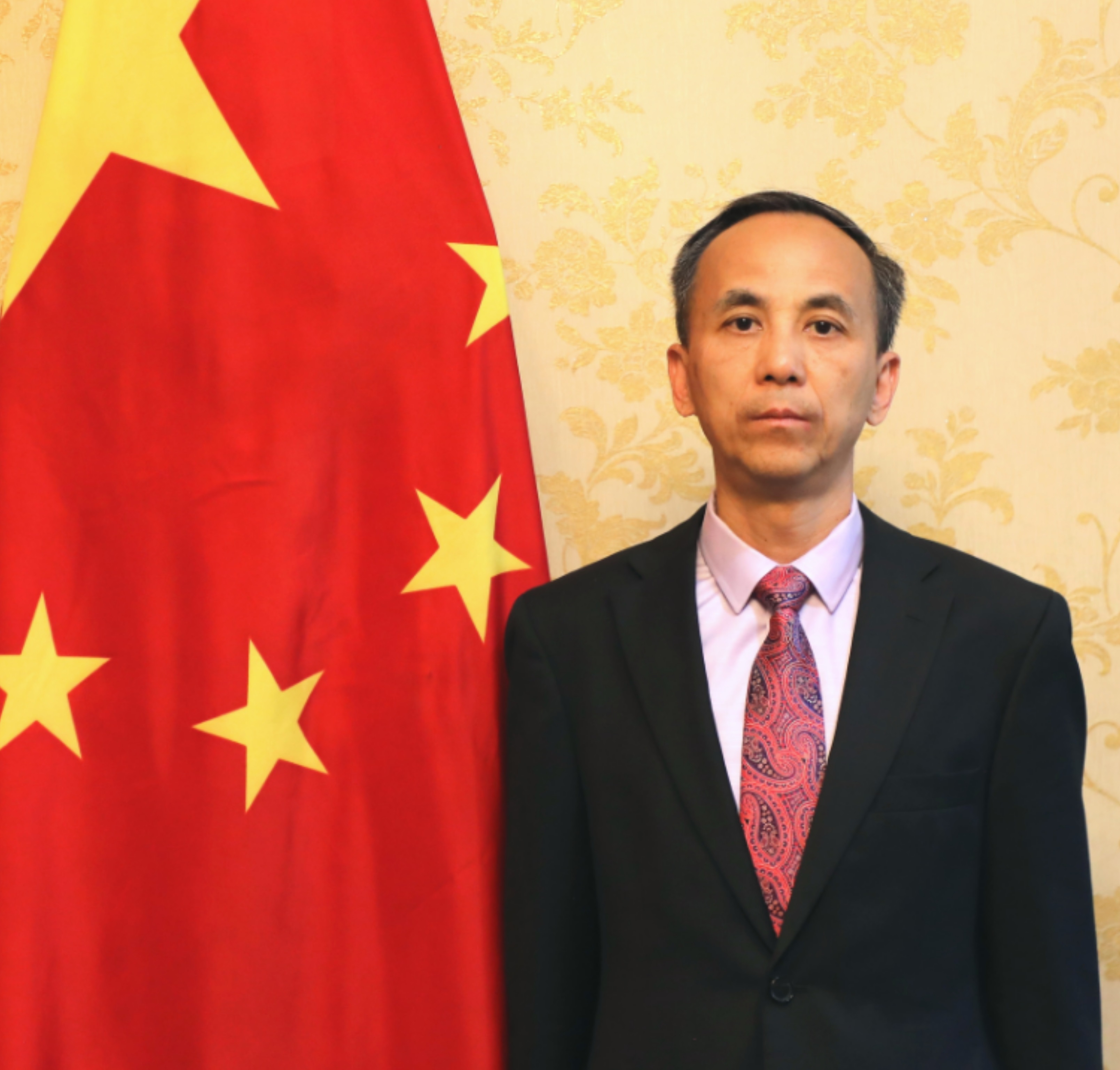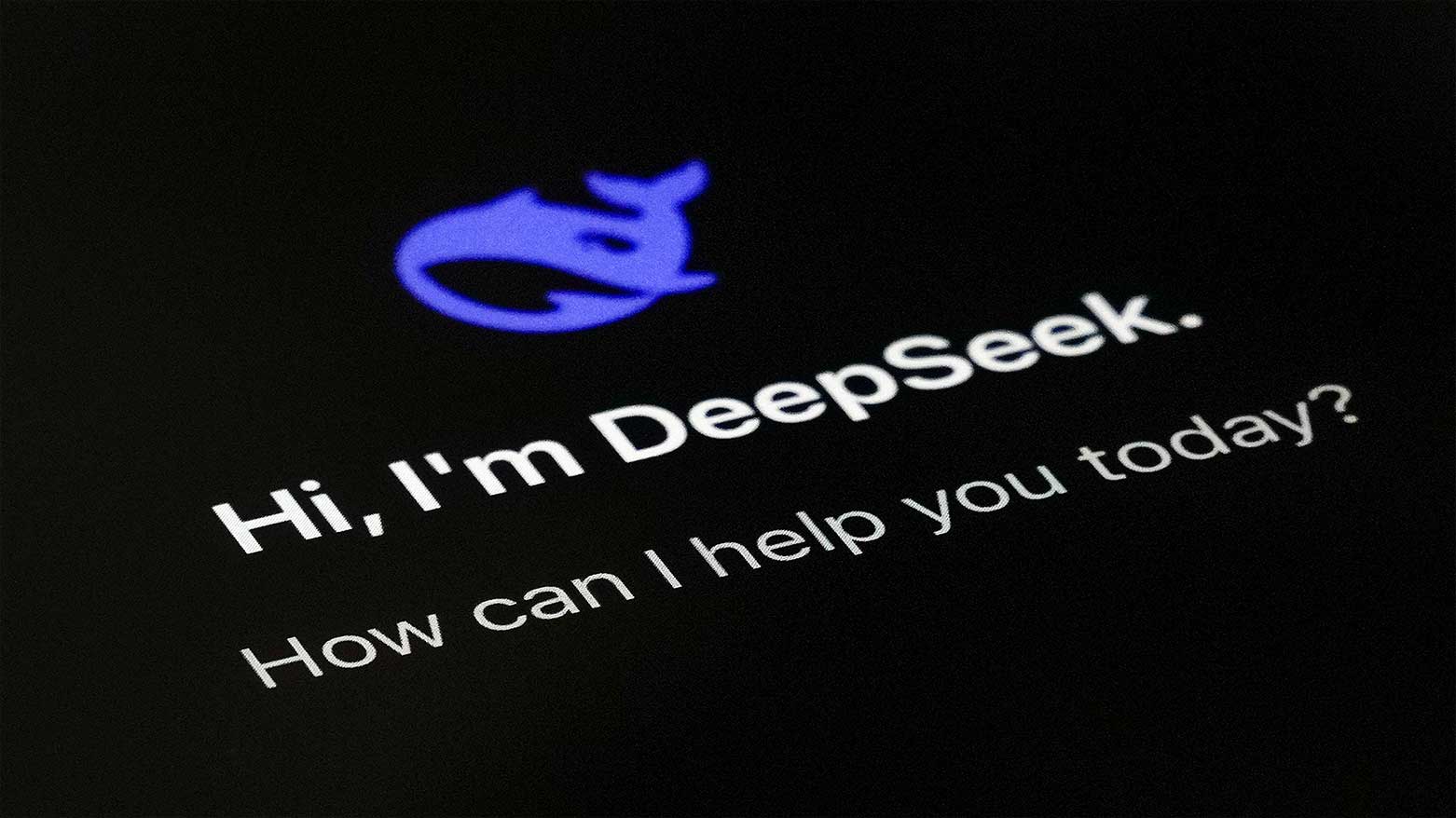
Liu Jun
Author
The Significance of the Rise of DeepSeek: Shattering AI Monopolies and Democratizing Technology
For too long, the AI domain has been dominated by a select group of Western tech behemoths. Endowed with colossal resources, these companies have funneled billions into AI R&D.

By: Liu Jun, Consul General of China in Erbil
In the dynamic landscape of artificial intelligence (AI), the emergence of DeepSeek has been a remarkable development, sending ripples or even waves of change across the global technological community and beyond. As a Chinese diplomat, I view this not merely as a technological leap but as a significant stride towards a more inclusive and equitable global AI ecosystem.
The Monopolistic Hurdles in AI Development
For too long, the AI domain has been dominated by a select group of Western tech behemoths. Endowed with colossal resources, these companies have funneled billions into AI R&D. They've amassed vast datasets, lured top-tier talent from every corner of the globe, and erected formidable computing infrastructure. This has led to the creation of advanced AI models that are often out of reach for the vast majority of entities, both in developed and developing countries.
The monopolistic nature of this development has had far-reaching negative impacts. Innovation has been stifled, as smaller players and researchers from regions outside the traditional tech epicenters struggle to compete. With limited competition, the pace of AI progress is slower than it could be if a diverse range of ideas and approaches were allowed to flourish. Additionally, the exorbitant cost of accessing AI technology has created a digital chasm. Developing countries and small - to - medium-sized enterprises (SMEs) are left behind in the AI race, unable to harness the transformative power of this technology for their own development.
DeepSeek: A Beacon of Change
DeepSeek has emerged as a powerful and positive disruptor, challenging the existing paradigm. Through innovative techniques and a more resource-efficient approach, it has managed to develop cutting-edge AI models. One of the most commendable aspects of DeepSeek is its unwavering focus on making AI technology accessible to all.
DeepSeek's AI models are designed to operate on relatively less powerful hardware compared to some of the industry-leading counterparts. This breakthrough means that individuals, SMEs, and even institutions in resource-constrained regions can now tap into advanced AI capabilities. In regions like the Kurdistan Region of Iraq, where high-end computing infrastructure may be limited, DeepSeek's technology opens up a world of possibilities. Local businesses can now deploy AI-powered customer service chatbots, optimize inventory management, and conduct in-depth market analysis, tasks that were previously beyond their capabilities.
Resistance and Refutation: The Unjustified Restrictions
Recently, some countries have started to impose restrictions on the use of DeepSeek. These actions are not only short - sighted but also lack a solid foundation.
One of the common arguments put forward by those advocating restrictions is the so-called “security concern”. However, AI technology, including DeepSeek, is a tool. It is how we use the tool that determines its impact. Just like a knife can be used for cooking or harm, blaming the knife itself is irrational. DeepSeek, with its open-source and community-driven development model, has mechanisms in place to ensure data security and ethical use. Rigorous security audits and continuous improvements are made to safeguard user data and privacy.
Another argument is about "economic protectionism". Some countries seem to be worried that the rise of DeepSeek will disrupt their domestic AI-related industries. However this view fails to recognize the power of rational and healthy competition. In a globalized world, restricting the use of a more advanced and accessible AI technology like DeepSeek will only slow down the overall progress of the global AI industry. Instead of promoting innovation, such protectionist measures will lead to a less efficient and less competitive market environment.
Breaking Down Barriers to AI Adoption
Cost is a major barrier to AI adoption, and DeepSeek has made incredible strides in this area. By streamlining development processes and adopting cost-effective strategies, it offers AI services at a fraction of the cost charged by established players. This price reduction is a game-changer, especially for the global South.
In the realm of education, schools in the Kurdistan Region of Iraq can now leverage DeepSeek's AI-powered language learning tools. These tools can assist students in enhancing their language skills, whether it's Kurdish, Arabic, or English. The affordability of these tools ensures that more students can enjoy personalized learning experiences, ultimately leading to improved educational outcomes.
In the healthcare sector, DeepSeek's technology can be utilized for medical image analysis. In regions with limited healthcare resources, AI-assisted diagnosis can enable doctors to detect diseases earlier and with greater accuracy. The low-cost nature of DeepSeek's AI solutions makes it feasible for local clinics and hospitals to adopt this technology, thereby elevating the quality of healthcare services.
Fostering Global Innovation and Collaboration
The rise of DeepSeek has also spurred a more diverse and collaborative AI development ecosystem. By breaking down entry barriers, it has encouraged participation from all over the world. This diversity of contributors brings a rich tapestry of ideas and perspectives to the table.
In the Kurdistan Region of Iraq, local AI developers and researchers now have a platform to showcase their talent. They can build upon DeepSeek's technology, customize it to meet local needs and contribute to the global AI knowledge pool. This not only nurtures AI-related skills within the Kurdish community but also enriches the global AI landscape with region-specific solutions.
For example, Kurdish developers can create AI-based solutions for preserving and promoting the Kurdish language and culture. They can develop more accurate language translation tools for Kurdish dialects or initiate cultural heritage preservation projects using AI to digitize and analyze historical artifacts.
Looking Ahead: Challenges and Opportunities
While the rise of DeepSeek is a significant step forward, some challenges must be addressed. Concerns about data privacy, security, and the ethical implications of AI are legitimate and require the attention of the entire AI community, including DeepSeek. As a Chinese diplomat, I advocate for international cooperation in formulating ethical and regulatory frameworks to ensure that the benefits of AI are realized without compromising on these crucial aspects.
Moreover, as the AI market becomes increasingly competitive, DeepSeek will need to continue innovating. This includes enhancing the performance of its models, expanding the scope of applications, and strengthening global partnerships. China, with its commitment to global cooperation, stands ready to support DeepSeek and other AI innovators in their pursuit of a more inclusive and advanced AI future.
In conclusion, the rise of DeepSeek is a significant development that holds the potential to break down existing AI monopolies, make AI technology more accessible and affordable globally, and foster a more diverse and innovative AI ecosystem. For regions like the Kurdistan Region of Iraq and the rest of the world, this means new opportunities for economic growth, social development, and technological advancement. As we look to the future, I am optimistic that through collaboration and innovation, AI can be a force for good, bringing prosperity to every corner of the globe.
The opinions expressed in this article are those of the author and do not necessarily reflect the views of Kurdistan24.